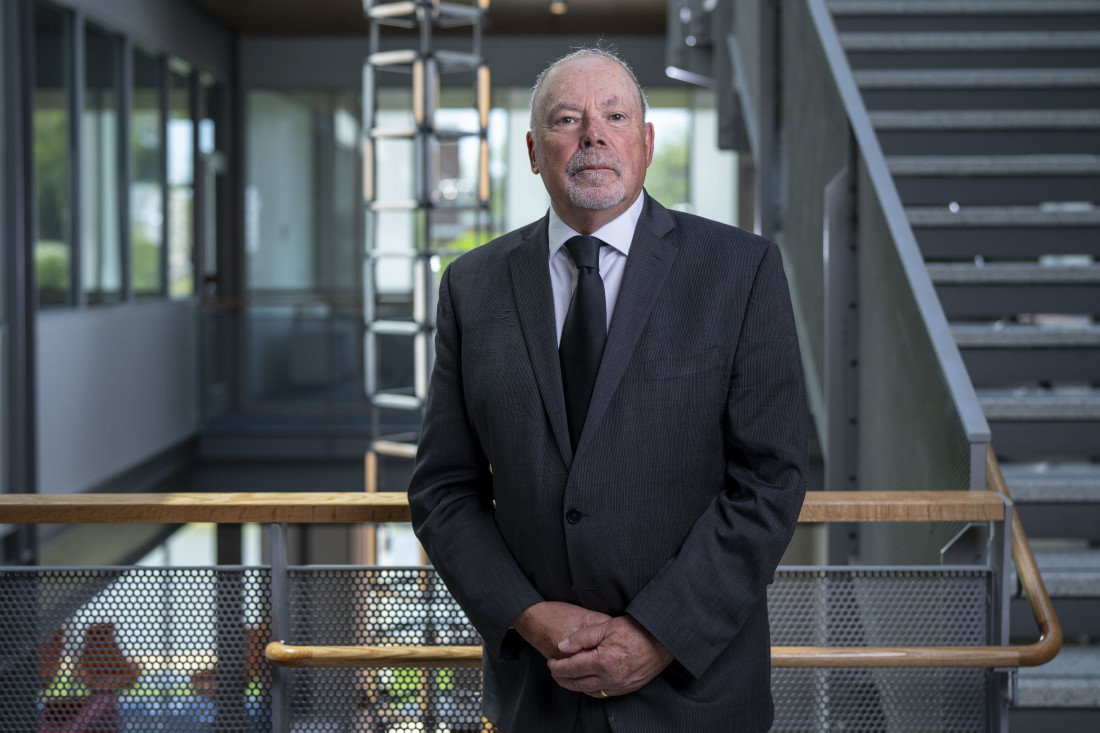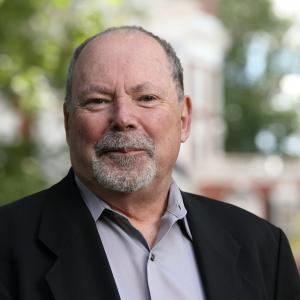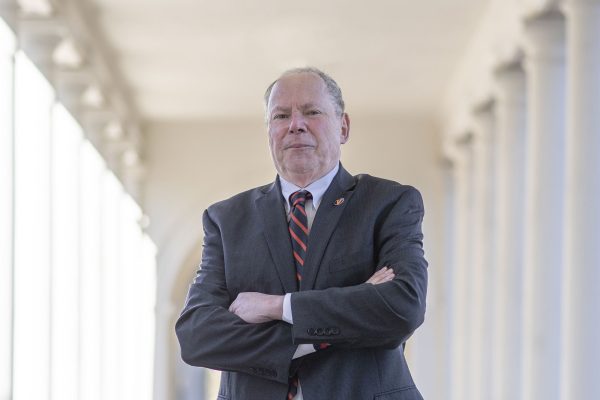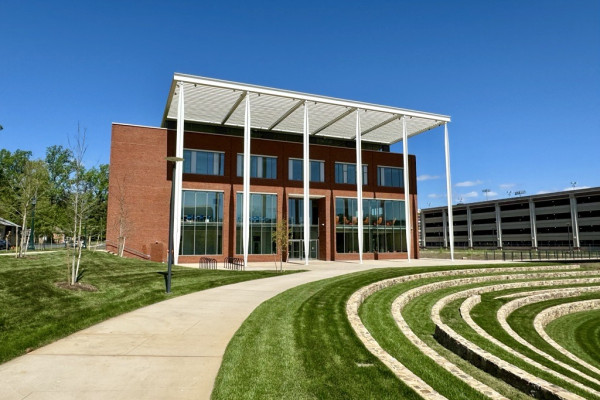Dean's Blog: Toward a Maturity Model for Education

As the School of Data Science at the University of Virginia approaches its second five years, we are moving from manic startup mode to a phase of sustained growth and refinement. In other words, not mature but working to get there.
As such, I think of the need for a maturity model. I provided thoughts on a maturity model for research in a recent blog and now consider a maturity model for education. I use the term “education” to reflect all that we teach, those who teach, the care and well-being of our students and educators, and all aspects of mentoring.
I say “toward” as a developed model would include levels of maturity, assessment and evaluation, guidance for improvement, and benchmarks for measuring that improvement. We are not yet there but at the point of defining what should be the elements of such a model. Here are some of those elements:
Content, continuity and consistency of our programs: We now have a full complement of undergraduate and graduate education programs in data science: B.S. (and a minor), M.S. and Ph.D. As the field of data science has changed rapidly and additional faculty have joined the school, new teaching emerges, both in content and approach.
Coupled with new programs, pre- and post-masters, inconsistencies appear such as curriculum gaps and redundancies. Significant efforts are underway to address these issues, coordinated by our associate dean for academic and faculty affairs, our program directors, and faculty teaching in the programs. This is an ongoing process particularly as further new programs are likely —
Large language models were hardly with us a year ago, and now every student wants to be trained in their use and/or development. Interest in data in society varies across our student body. While vital to all, in-depth study requires more electives. Some students have more of an interest in data engineering than others. Still others have interest in particular verticals, and on it goes. A continuous need to evolve, but how to prioritize?
From cradle to grave (sorry gray): Data science education goes beyond one’s time at UVA. We feel a responsibility to better prepare K-12 students for a data-centric world and a responsibility to life-long learning for our alumni and the community at large. But we also have, as of April 2024, a team of 105 people to help do it all.
Collaboration is key but there are obviously limits. Where can we add the maximum value with the human resources we have? Summer is key since the majority of our faculty are on nine-month contracts and either find additional teaching in the summer or undertake research.
In the past, we have focused on undergraduate summer training with HBCUs through our Data Justice Academy as well as with grades 10-12 through programs like Starr Hill Pathways. We speak of data literacy across all ages and have run day-long and week-long workshops for executives and others.
At the same time, UVA is building out facilities in Northern Virginia with access to all that D.C. has to offer. What to do and what not to do? We support life-long learning, but where to put emphasis?
Faculty mentoring: Our faculty are mostly young and eager, and we owe them their futures, even if, eventually, that future is somewhere else. We do our best to lead our faculty to that future, but we need to do more.
The annual review process is a time to reflect, but more needs to happen between those reviews. This could include fostering research activities by helping them identify opportunities and supporting them, enabling teaching excellence, and for faculty to have an ear and understanding for everything that happens in and out of the classroom. We are increasing our faculty advisors to advise faculty with that in mind, but more needs to be discussed and done.
Student wellness: Student life has changed dramatically, certainly since I was a student, but even since some of our younger faculty were students. We must be cognizant of the pressures to succeed, the impact of COVID on learning and development, the impact technology has on teaching modalities, etc.
In short, it is hard being a student, and we as a school need to continue to evolve our student support services to meet their needs.
Student success: Tied to students' wellness is student success. The job market for our students is robust, but success is more than having a job. It is career and personal satisfaction that comes from a well-rounded education, a solid network of peers, a sense of belonging, expertise and confidence in both hard and soft skills, and so much more.
Are we doing a good job? In a qualitative sense, we would say yes. Our nearly 800 alumni say so when they return and update us, but as a quantitative field, we do not have good data to support our qualitative observations. We need to change that in the years to come.
All this says we have much to do and now is the time to think about what needs to happen, adjust our strategic plan accordingly, and execute. Onwards.


